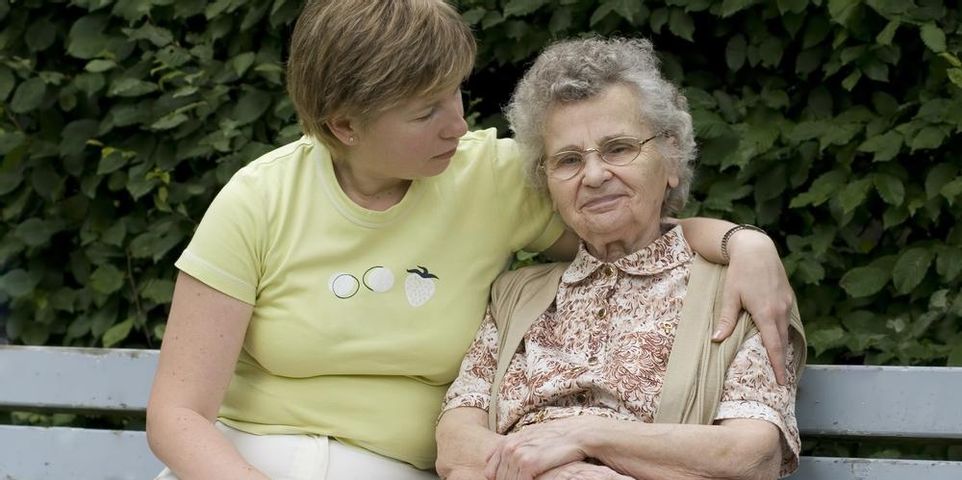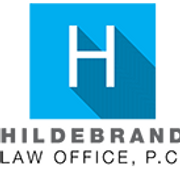What to Know About Guardianship of Incapacitated Adults

Whether by age, illness, or disability, not every adult can legally take care of themselves. In situations like these, it is often necessary for a trusted third party to pursue guardianship responsibilities over the incapacitated individual. However, it can be a difficult legal area to navigate, so it is crucial to understand the complexities. Below are some important aspects you should know if you’re in such a situation.
How Do Guardians & Conservators Differ?
The law distinguishes between these two appointments. With a guardianship, you make health-related and most other non-financial decisions on behalf of an individual who is too elderly or infirm to do so themselves. As a conservator, on the other hand, you gain control of the individual's finances and authority to determine how to invest those funds. In some cases, both a guardian and conservator may be necessary, and it's not uncommon for one person to fulfill both duties, as long as the courts approve it.
What Are Some Examples of Guardianship Cases?
 Cases of guardianship can vary. For instance, an aging person with dementia, who no longer has the mental faculties to care for themselves would require such services. Similarly, an 18-year-old with a developmental disorder like Down syndrome, who is legally an adult but unable to make important legal- or health-related decisions for themselves benefits from such a relationship. Financial issues can play a role too, as with a disabled stroke victim who has no assets and a limited income.
Cases of guardianship can vary. For instance, an aging person with dementia, who no longer has the mental faculties to care for themselves would require such services. Similarly, an 18-year-old with a developmental disorder like Down syndrome, who is legally an adult but unable to make important legal- or health-related decisions for themselves benefits from such a relationship. Financial issues can play a role too, as with a disabled stroke victim who has no assets and a limited income.
Who Can Be Appointed Guardian?
In certain instances, the elderly or disabled individual may have chosen someone via a durable power of attorney. Otherwise, a loved one might step in to pursue guardianship, or the courts will have to select someone for the role. Most often, guardians are family members, close friends, or, if the individual has no family or friends, a neutral professional, such as a lawyer.
By understanding the basics of guardianship, you can make the best possible decisions for an incapacitated adult in your life. Hildebrand Law Office, P.C., in Northwestern Georgia offers representation in a variety of family law issues, including guardianship, adoption, and child custody matters. They provide quality counsel through every step of the process. Call (706) 638-6009 to schedule a consultation today or reach out through the website.
About the Business
Have a question? Ask the experts!
Send your question

